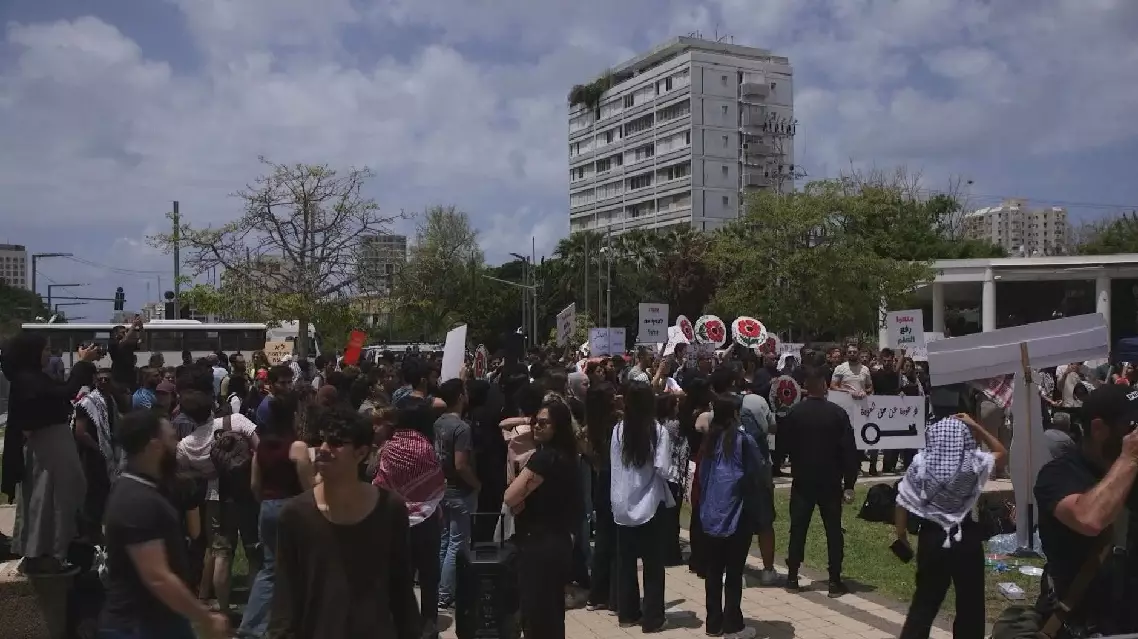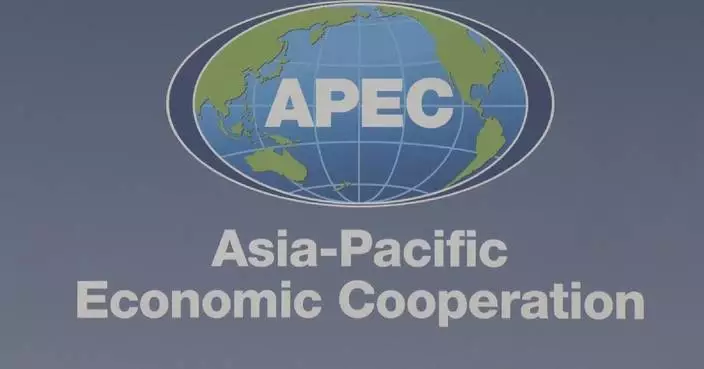Campaigners in Uganda welcome a court order to rename streets and landmarks that currently carry colonial-era names in Kampala, the capital and largest city of the African country.
The High Court in Kampala agreed with petitioners that the names of these streets and landmarks are symbolic of oppression and exploitation.
Court Justice Musa Ssekaana ruled that measures must be taken to rename these public spaces, ensuring the new names reflect Ugandan culture, heritage, and values.
Coming 62 years after Uganda gained independence from Britain, the ruling is the culmination of a campaign sparked by a 2020 petition calling for the removal of street names linked to colonial figures such as Harry Johnston and Gerald Portal.
The campaigners said it's a new dawn for Uganda, a chance to recognize people who have done wonderful things for the country and Africa, and the culmination of a long struggle.
"We think that it could have been a lot firmer in terms of specifically identifying the names and the places that need to be removed within a certain time frame. But it was a general order, which the court made, but it's a good start. In other parts of the world these names have been removed violently by the public. We chose to take the civil route," said Apollo Makubuya, a Ugandan lawyer and a campaigner.
Elsewhere in Africa, many statues have been defaced or removed to try and erase dark colonial memories, but that's not been the case in Uganda. Many colonial monuments across Uganda remain untouched except where it requires paving way for a new road.
Campaigners in the country also said the faster these colonial names are taken down, the better for a break from the past.
The campaign was sparked by the murder of George Floyd in the United States in 2020. The global Black Lives Matter movement prompted the widespread tearing down of symbols linked to colonial history.
"People like Harry Johnston, Gerald Portal and the list is quite big. We felt that these didn't deserve the kind of honor or respect or glory which is attributed to them by naming main streets and public places after their names," said Apollo.
City authorities said they will respect the court's decision and are already taking steps to enforce the ruling.
The City Council guidelines on naming of roads requires wide consultations from communities that come up with suitable names before they're approved.
"It's a very community-driven initiative, except in some instances where the council in its wisdom and the parliament decides to say that there's a prominent person, there's a prominent activity, there's something that we need to have memory of who are they and name a road," said Daniel Nuwabiine, Head of Public and Corporate Affairs of Kampala City Council Authority.
Campaigners are now waiting patiently for the manifestation of this legal ruling on the streets and hoping it can bring a new sense of pride and belonging to the Ugandan people.

Ugandans hail court ruling to rename colonial-era landmarks




















































